Skip to Content
- 主頁
- 關於
- 服務
- 常見問題
-
最新消息
- Phishing Alert: 合作邀请。
- Phishing Alert: [Name], You’re back in
- (Resumed) Network Service Unstable since 3:10pm on 17 Jul 2025
- DUO 2FA Self-Service User Portal Maintenance on 17 July 7:00AM – 8:00AM
- Phishing Alert: [Name], You’re successfully inside the system / [Name}, Connection successful
- 支援
